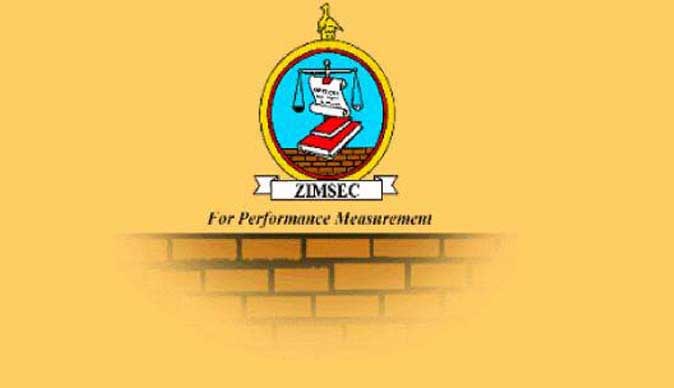Continuous studying for better results

Mastering how to study effectively for your examinations and tests is the key to being successful in your final examinations. Effective preparation starts in the classroom, with the student being alert and aware of key words and being able to take down the notes given by the teacher. Note taking should be as clear and accurate as possible, as these are the notes that revision will be based on, therefore they must make sense.
1. Know your exam timetable
Knowing your examination time table will help you schedule and plan your studies. An exam session should never come to you as a surprise! Mark your examination date on the calendar, place the time and subject on the calendar so that you are fully aware and reminded constantly. Some candidates set a timeline on their planner where they count down the dates; this is one way of keeping yourself on schedule with your study plan.
2. Give yourself enough time to study, understand and practice
After marking your exam timetable on the calendar, schedule your study plan for each subject proportionately. That is, give more time to subjects which you are struggling with so as to adequately cover topics of uncertainty. Set a balanced timetable for your studies; make sure that all subjects are adequately covered. Make sure that it is a realistic schedule, don’t place too much pressure to cram information in a short space of time, this may lead to you losing the little you know due to mental block or exhaustion. Being prepared for the exam will help you be more confident on the day of the exam.
Start your studies well in advance. As you are given notes, take time to revise them, this will help you pick out areas of difficulty and those that need more attention. The more you read something, the better you remember it. The more you practice a formula, the better you will get at it. Avoid the temptation to cram information!! Practice, read and understand.
3. Organise Study Groups
Get together with friends or classmates and schedule study sessions. Make sure that you have a timetable so that you are studying the same subject at the same time. This may mean you will be part of more than one study group. Having people who are studying the same subject as you will help when you are stuck on a certain topic and you will be able to engage in group discussions that will also help motivate you to study. If you are constantly studying alone, it can be demoralising and you may quickly tire or be carried away by distractions, not to mention that you will not be able to get assistance in areas of difficulty. Explaining answers to questions to others also will help you to get things clear in your head and assist in your understanding of topics.
4. Practise on old Exam Papers
One of the best ways of practicing for an examination is to work on past examination papers. Please note: Past exam papers are meant to help in preparation for the exam using real questions, however, they should not be the ‘alpha and omega’ of your studying. That is to say, do not by any means collect past exam papers and study them and ignore the notes and text books which you have been given in class throughout the year. Examinations are meant to test knowledge, understanding and application to help you with further studies and life skills; therefore it is prudent for a student to adequately learn principles, for it shall be required of them at a later stage. Using past exam papers will also help you get used to the format of questions and if you time yourself, you can prepare for the real exam and you will be more confident during the real exam.
5. Take Regular Breaks
Studying for many hours at a time without taking a break is counterproductive. Do not take recreation time out of your day in an attempt to do marathon studying. Studies have shown that for long term information retention, regular breaks are important. A refreshed mind is more likely to understand and retain information more than an exhausted mind. Schedule your personal study time according to your most productive time, this could be late in the evening, which means you must rest earlier on, or in the morning after a good night’s sleep.
6. Eat Well
A balanced and nutritious diet keeps the mind and body strong and alert. Stay away from junk food that does not add any nutritional value to your system.
Bad eating habits will cause you to quickly tire and can increase chances of stress and strain. Sugar gives temporary energy which is not healthy. Fruits, yoghurts and foods with carbohydrates and protein will ensure that your body has sufficient energy levels and your brain is well fuelled. Drink Plenty Water! Keeping well hydrated, especially during study periods and exam time is very important for you to work well. Keep a bottle of water with you and avoid sweet juices that will dehydrate you further especially during this hot season.
7. Get adequate sleep
Getting enough sleep is essential if you want your body to function properly and your brain to be as sharp as it can be. When you are tired, your body is not able to process thoughts as clearly. This could make you second-guess an answer to a question or even cause you to draw big, scary blanks on certain questions. This can be a frustrating situation, especially if you knew the answer the night before when you were up until the late hours of the morning studying. Take time to wind down before bed time so that your mind settles and you are able to sleep well.
Email comments and questions to [email protected] or WhatsApp on 0772148786.











Comments